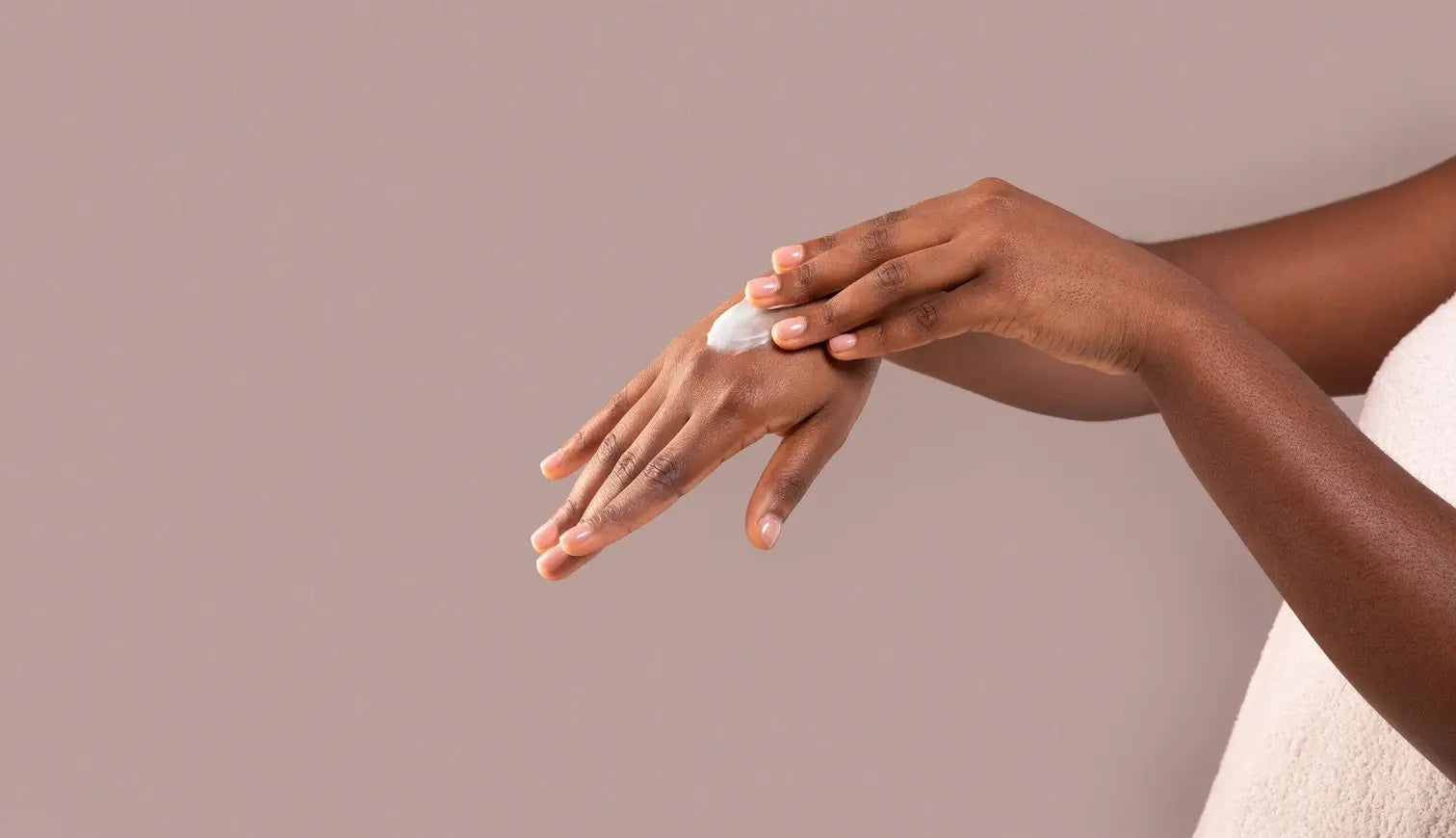Understanding Itchy Skin
The cause of skin itching is an intricate sensory experience involving complex interactions between nerve fibers, skin cells, and various biochemical signals. An itch can be acute (sudden, intense, and transient), or chronic (ongoing and long-lasting). An acute itch, like that caused by a mosquito bite or allergen, is histaminergic, meaning it’s caused by histamine, a chemical released by the immune system associated with allergic symptoms .1 Generally, the sensation of itching is primarily mediated by specialized nerve fibers called pruriceptors, which detect itch-inducing stimuli and transmit signals to the brain .2 Common triggers for itching can range from environmental factors that cause allergic reactions, to more serious physiological issues like skin conditions, nerve disorders, or different underlying illnesses. Even psychiatric conditions like obsessive-compulsive disorder and other anxiety disorders can lead to unwanted itching .3 Understanding these triggers is crucial for effectively managing and alleviating itching.
How to Help Itchy Skin: Effective Skin Care Practices That Soothe Itchy Skin
Using OneSkin Products to Relieve Itchy Skin
How to Avoid Itchy Skin: Preventative Measures
Preventing skin problems, like itching, requires a proactive approach that addresses both external triggers and internal factors. Avoiding scratching is essential, as it can further damage the skin and exacerbate itching. When you scratch your skin, you disrupt its protective barrier, causing microtears and increasing the risk of infection.3 Scratching can also intensify inflammation and trigger the release of histamines, which can worsen itching and inflammation. Furthermore, repeated scratching can lead to thickened, leathery skin in the affected areas, known as lichenification, making the skin more prone to irritation and further itching.7 Not only that, scratching can create a vicious cycle of itching and scratching, perpetuating the problem and prolonging discomfort.
Therefore, it's important to find alternative ways to alleviate itching, such as:
- Gently patting or tapping the itchy area to alleviate discomfort
- Using soothing skin care products like OneSkin
- If necessary, seek medical treatment for a persistent, chronic itch or if you are showing signs of a more serious skin disorder like eczema or atopic dermatitis
- Itching, or pruritus, is a common and uncomfortable sensation that can significantly impact daily life if persistent.
- Effective lifestyle practices, including nutrition, hydration, and using the right skin care products, can help alleviate itching and maintain skin health.
- OneSkin's products are designed to replenish moisture, improve skin barrier function, and help lock in hydration.
- Avoiding harsh products, irritants, and scratching is crucial to prevent further skin damage.



